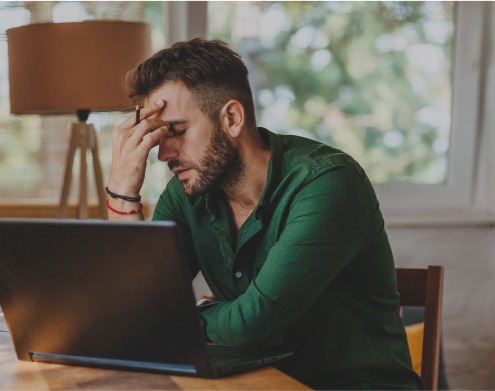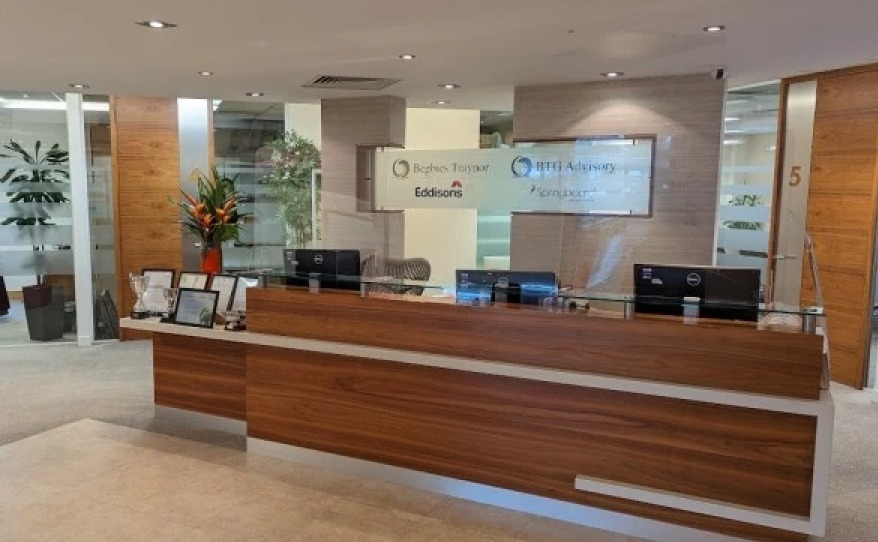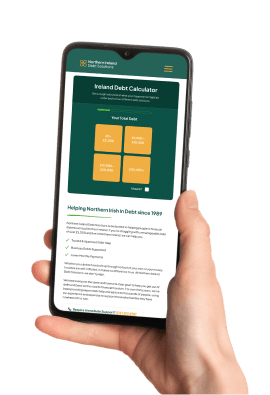What is the Bankruptcy Process in Northern Ireland?
Once you are declared bankrupt the vast majority of the debt you have is written off, although this does have severe repercussions when it comes to your ability to access credit in the future. It may also affect your employment opportunities depending on the sector you work in.
Bankruptcy can be forced upon you by any creditor who you owe more than £5,000 to. For many others, however, bankruptcy is a voluntary process taken because their debt problems are so severe they need to draw a line underneath it all and start again with a clean slate.
Am I Eligible for Bankruptcy?
In order to be eligible for bankruptcy you must be technically insolvent, meaning your unsecured debts (credit cards, personal loans etc.) must total more than your assets (property, vehicles etc.).
You must pay a fee to petition for your own bankruptcy and your bankruptcy application must be approved by the courts after they have assessed you income, expenditure and level of debt.
The assessment into your financial affairs will be done through a document known as a statement of affairs (SOA) which you must complete prior to the court hearing.
Most debts such as loans, credit cards and overdrafts can be included as part of the bankruptcy order; however, there are certain debts which cannot be written off this way and will still need to be paid even after you have been declared bankrupt. These include:
- Student loans
- Child maintenance or support payments
- Court fines
- Any debt resulting from fraudulent activity
Further reading on Alternative Debt Solutions:
What Happens After you are Declared Bankrupt?
It is important to know that your bank accounts will be frozen instantly following your bankruptcy hearing. It is therefore advisable to ensure you have enough cash on you to cover your immediate bills and living costs.
Following the bankruptcy hearing, you will be assigned an Official Receiver – or you can appoint an insolvency practitioner – who will become the Trustee of your estate. You will be required to have an interview with your Trustee in the days after your bankruptcy is approved. The interview is normally conducted over the telephone and you must co-operate with the Trustee fully, or risk your bankruptcy being extended beyond the usual 12 months. You will typically be asked how you came to be bankrupt, and to provide details of your income and expenditure. Quite often this is the only interaction you will have with the Trustee providing you adhere to the terms of the bankruptcy order.
Once you have been declared bankrupt there are certain things you will not be allowed to do for the next 12 months until you are formally ‘discharged’. These include:
- Borrowing, or attempting to borrow, more than £500 without first notifying your lender about your bankruptcy
- Acting as the director of a company
- Any active involvement in the formation, promotion, or management of a limited company
- Working in certain roles, including many financial and legal professions.
One of the most welcome consequences of bankruptcy is that you no longer need to deal with your creditors; if they contact you, you can simply instruct them to direct any future correspondence to the Trustee. This often comes as a huge sense of relief from those who have felt hounded by letters and telephone calls regarding their debt in the months leading up to being declared bankrupt.
What Happens to Your Assets?
While bankruptcy may seem like an easy way out, this is not the case at all, particularly if you have assets. Depending on the value of the things you own, the Trustee of your estate may look to sell some of your assets and give the money raised to your creditors. This is considered on an individual basis, and if the Trustee decides you do not have anything of any considerable value then this will not apply to you.
You will be permitted to keep a car of modest value for work purposes, along with any tools or equipment you likewise use for work. You will also be allowed to keep your household goods, although anything which is seen as a ‘luxury’ item may be taken off you and sold to recoup as much money as possible.
If you own a home with equity in it, you will most likely be asked to release some capital. If you own the property jointly with someone, it may be possible for them to buy your share of the equity which would allow you to continue to live in your home. The house would be independently valued and your share of this would need to be purchased at market rate.
Following Your Discharge From Bankruptcy
While you will typically be discharged from your bankruptcy after a year, the effects will last much longer. A record of your bankruptcy will stay on your credit file for six years, making it difficult for you to obtain credit during this time.
Should your earnings from employment be at a high enough level where there is a surplus after paying all your necessary living expenses, you may be asked to pay an agreed percentage of your earnings to your Trustee for up to three years.
Bankruptcy is a major step and should only be considered as a last resort. You should seek professional advice before proceeding with bankruptcy as there may be other more suitable options out there for you such as an Individual Voluntary Arrangement (IVA).
The team at Northern Ireland Debt Solutions are here to provide you with the help and advise you need whether you are considering bankruptcy or any other formal debt option. Our specialist advisers are here to help you understand your options and highlight the debt solution most appropriate to your circumstances.
How Northern Ireland Debt Solutions can help
If you are considering bankruptcy, you should first seek the services of a debt help professional. This will ensure you fully consider the alternative debt solutions open to you which may be more suitable to your circumstances.
Contact a member of the Northern Ireland Debt Solutions team today for 100% confidential advice.
Further reading for Debt Problems in Northern Ireland:
– Can you Write off Debt?
– What is an Attachment of Earnings Order?
– 7 Ways to Deal with Aggressive Debt Collectors
How We Can Help
When it comes to personal debt, there are a number of formal debt solutions which can be used to help you manage the money you owe; from Individual Voluntary Arrangements (IVAs), through to Bankruptcy in the most serious cases. We also provide insolvency solutions for businesses debts, including rescue and closure options. The team at Northern Ireland Debt Solutions can help you understand all of your options, before working alongside you to put a plan in place to help you move forward.
Get Started – Contact The Team Today
Ready to take the first step to a brighter future? Contact Northern Ireland Debt Solutions today to understand your next steps.







